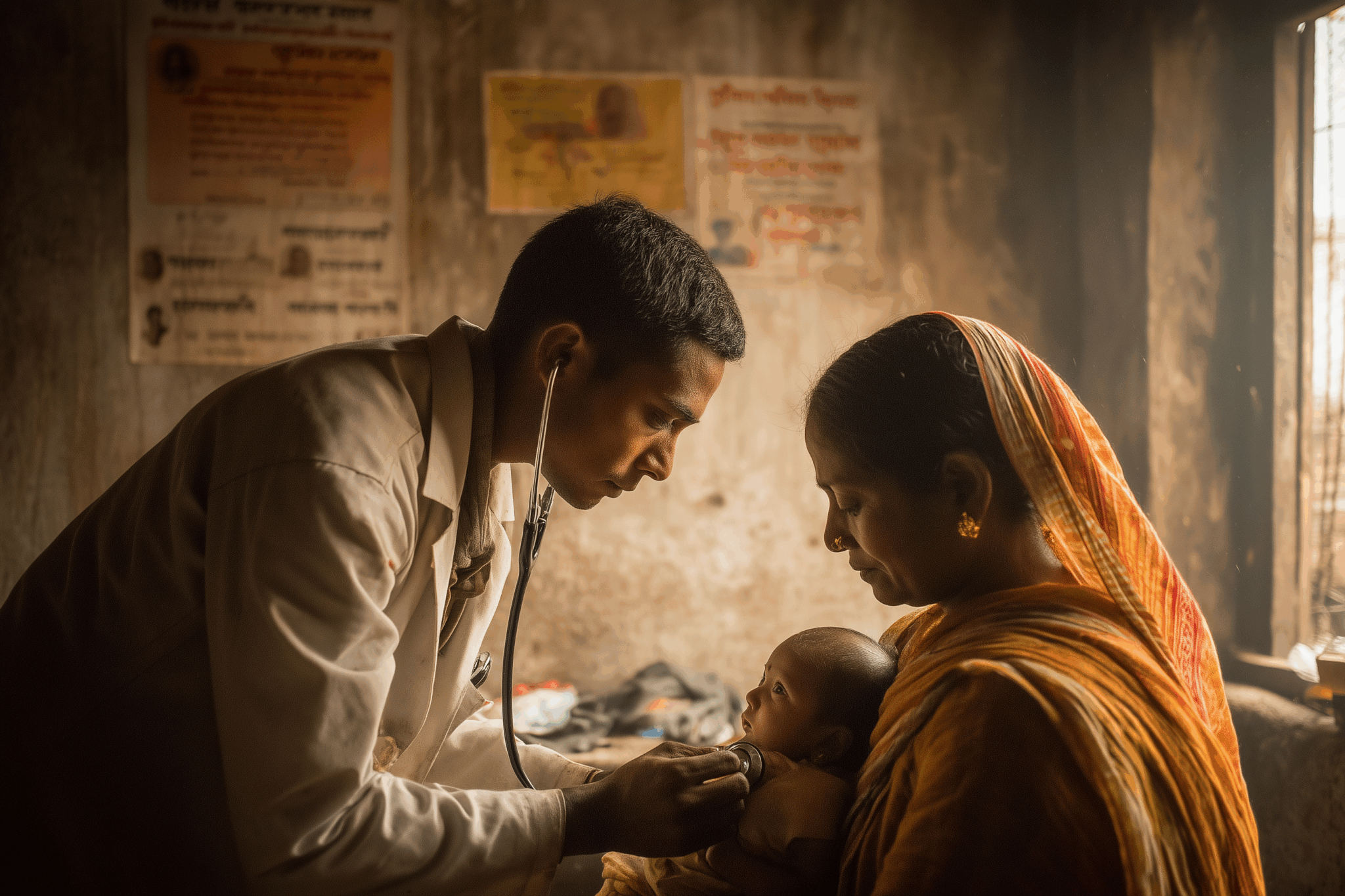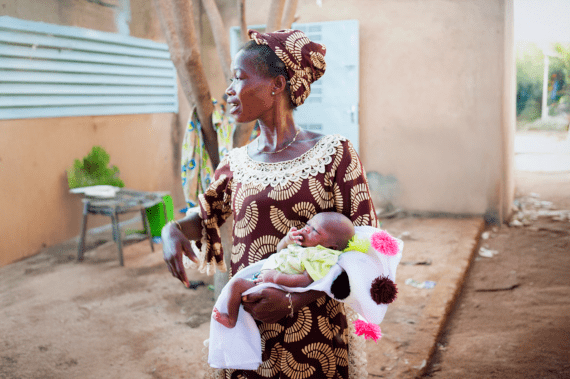In 2015, the United States and 192 other countries agreed to work toward a set of goals, the Sustainable Development Goals (SDGs), by 2030. The SDGs build on the significant progress made during the 2000-2015 Millennium Development Goals effort. The SDGs apply to all countries and include ending hunger and extreme poverty.
The SDGs are an opportunity for advocates and organizations to work together to achieve maximum impact. Many are already engaged. For example, leaders of all major U.S. faith traditions, as well as five U.S. cities and one state (California), have committed to the SDGs.


